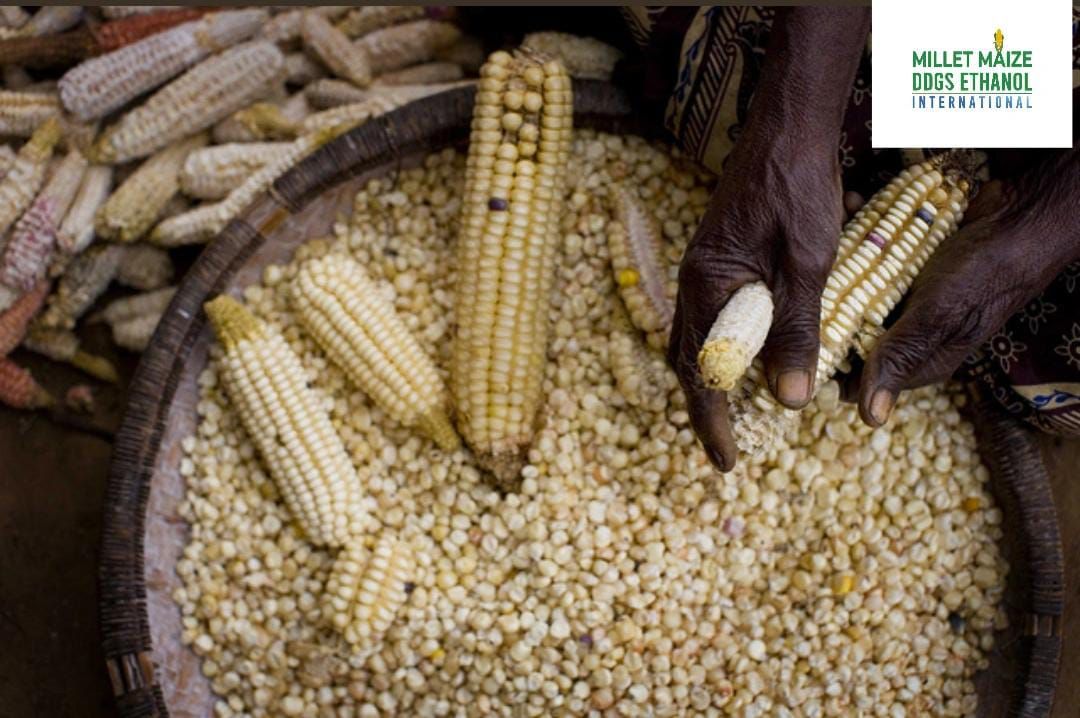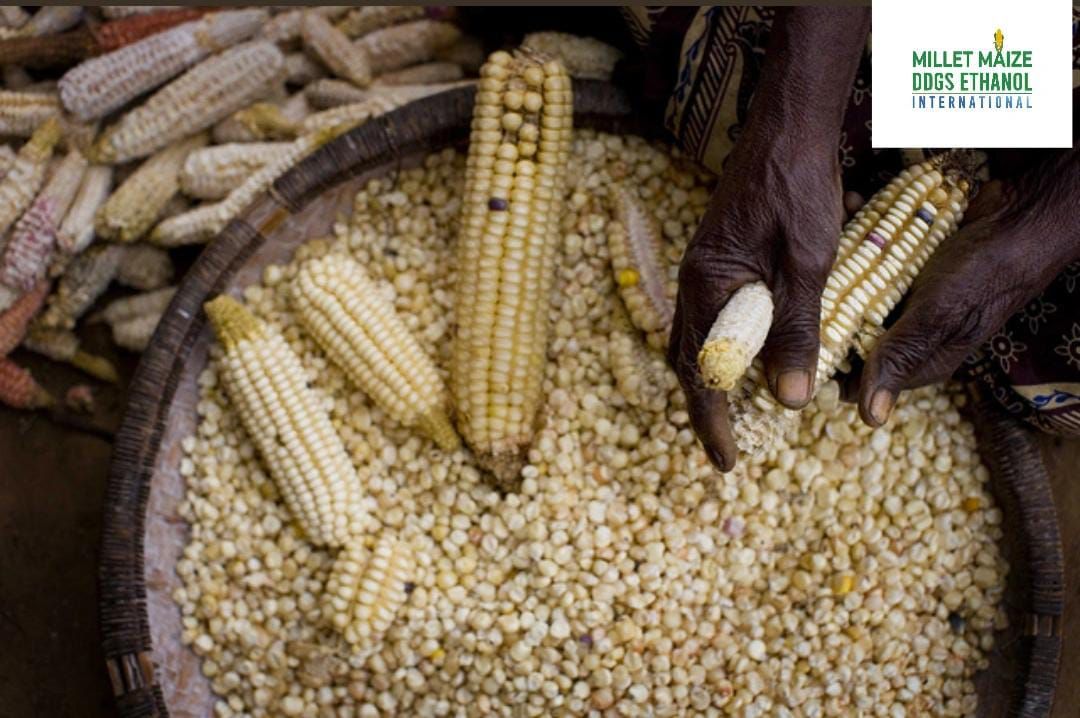mmdeinternational.com - 🌽 Rediscovered Seeds 🌱 Unite African Community 🤝 Around the Taste of Home 🏡 — and Boost Organic Corn Breeding 🌾

In a striking intersection of agriculture, culture, and innovation, doctoral student Chris Mujjabi recently rediscovered a seed envelope in a cold storage vault at the University of Illinois that’s helping rekindle connections to home — and pushing forward advances in organic corn breeding.
The envelope was labeled “Kitale Synthetic,” a name that resonated deeply with Mujjabi, who is from Uganda. He had initially been hunting for exotic germplasm to boost yield or weed tolerance in his hybrid lines, but what he found instead evoked memories and flavors of home. East Africa, particularly Kenya, the “Kitale Synthetic” strain was developed in the 1960s. It became widely adopted for its balanced texture (starchy, not too sweet) and consistent yield compared to earlier open‑pollinated varieties.
When Mujjabi planted the Kitale seeds in Illinois, he found variation: some ears turned yellow, others white. After multiple rounds of crossing, he established three new white‑corn hybrids adapted to the Central Illinois growing environment — hybrids meant to evoke the taste of African white corn. To test acceptance, he hosted a “Kasooli Party” (from the Luganda word for white maize), inviting members of the African community in Champaign–Urbana to sample and rank his hybrids against American sweet corn. To the surprise of many, the African participants overwhelmingly preferred the new white hybrids over sweet corn, which many found “too sweet.” This revealed not just a market opportunity, but a cultural one — a way for Africans abroad to taste a piece of home again.
Beyond nostalgia, the Kitale strain brings traits beneficial to organic agriculture. Because it originated in tropical conditions, it tends to produce taller plants with broader, more horizontal leaves. These traits help the canopy close faster, shade out weeds, and reduce weed pressure — a key advantage in organic systems where synthetic herbicides cannot be used. Mujjabi and his advisor, Crop Sciences Professor Martin Bohn, are now working to incorporate these traits into their organic corn breeding programs at the certified organic research fields at Illinois. They see this as a demonstration of why public germplasm collections — seed banks that preserve genetic diversity and make germplasm broadly accessible — remain vital. Without them, rare and regionally adapted varieties like Kitale Synthetic might be lost or inaccessible.
